Animals
-
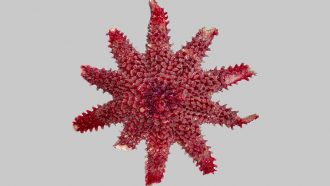 Animals
AnimalsUrchin mobs can literally dis-arm a predator
Urchins are important herbivores — but not strict vegetarians. When hungry enough, they may even rip apart their predators for lunch.
By Jake Buehler -
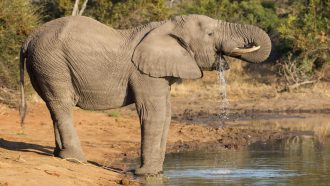 Animals
AnimalsEngineers surprised by the power of an elephant’s trunk
An elephant's trunk can suck air through it fast — at more than 335 miles per hour (150 meters per second)!
By Sid Perkins -
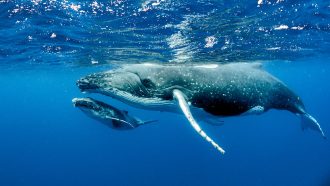 Animals
AnimalsLet’s learn about whales and dolphins
Whales, dolphins and porpoises are all cetaceans — mammals that live in water and have a streamlined body similar to a fish.
-
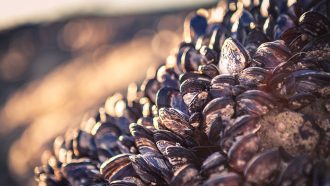 Animals
AnimalsCommon parasite may help mussels survive heat waves
By whitening shells, the organism helps the shellfish stay cool on sunny days, a new study suggests.
By Sid Perkins -
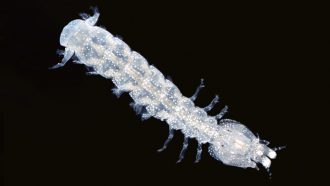 Tech
TechMantis shrimp inspires somersaults of new soft robot
Its rolling acrobatics allow this robot to move especially swiftly — much as a fictional new Disney character can.
-
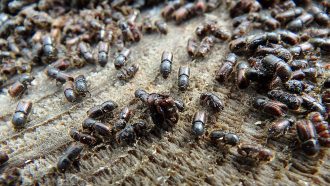 Animals
AnimalsMost species of beetles pee differently than other insects
Scientists uncover their unique system for balancing ions and water. The findings may hint at why beetles are the most diverse animals on Earth.
By Jack J. Lee -
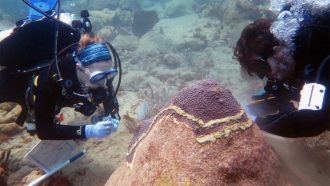 Animals
AnimalsA common antibiotic might save some sick corals
The antibiotic amoxicillin stopped tissue death in corals for at least 11 months after treatment.
-
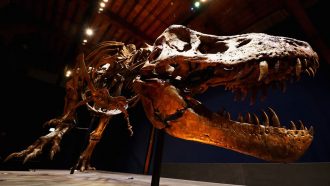 Animals
AnimalsThe secret to T. rex‘s incredible biting force is at last revealed
The force of a T. rex bite was roughly 6 metric tons. A new study points to what’s behind that mighty force.
By Sid Perkins -
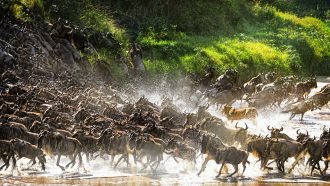 Earth
EarthOnly 3 percent of Earth’s land is unchanged by people
A sweeping survey of land-based ecosystems finds that very few still support all the animals they used to. Reintroducing lost species could help.
-
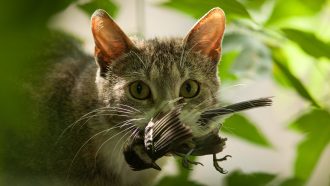 Ecosystems
EcosystemsAnalyze This: Invasive species cost the world billions each year
A new study estimates that invasive species have cost the world more than $1 trillion since 1970. That’s almost certainly an underestimate.
-
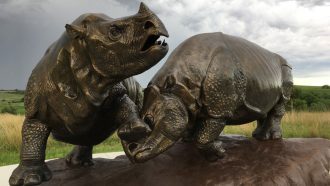 Fossils
FossilsRhinos, camels and bone-crushing dogs once roamed Nebraska
Scientists digging into the remnants of an ancient watering hole in Nebraska discovered evidence of an Africa-like savanna, complete with rhinos.
-
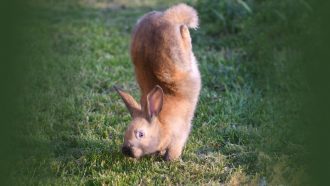 Life
LifeThese rabbits can’t hop. A gene defect makes them do handstands
Mutations in a gene that helps nerve cells work properly rob rabbits of their ability to hop. Instead, the animals use their front paws to move.